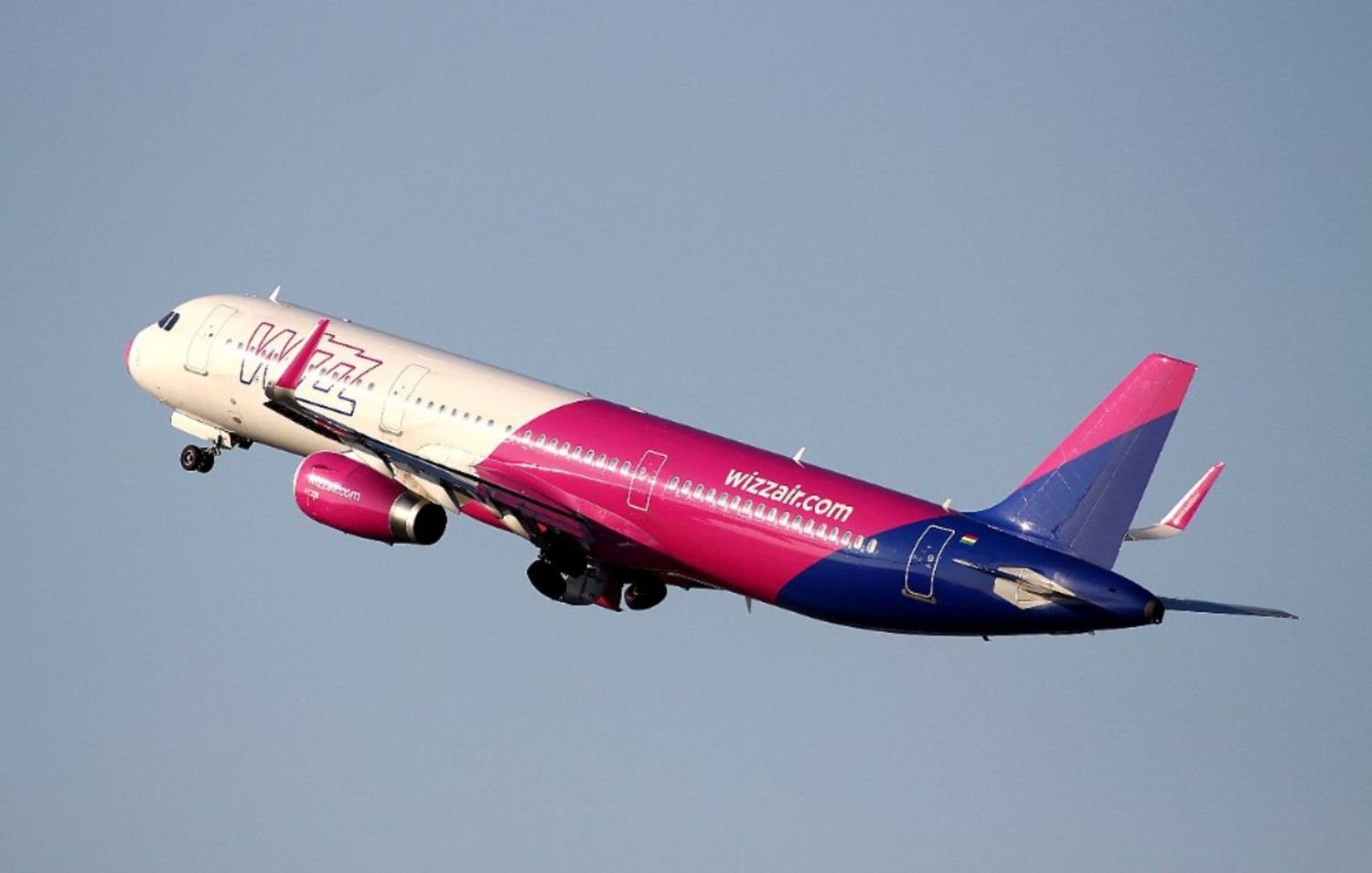Wizz Air suspends refueling in Belgrade due to sanctions on Russian oil companies
NIS, the exclusive fuel supplier at Nikola Tesla Airport, is managed by the Gazprom Group, which holds 56.15% of the shares.
Wizz Air will temporarily suspend refueling its aircraft at Belgrade Nikola Tesla Airport due to U.S. sanctions imposed on Russia's oil sector. These measures, set to take effect on February 27, will impact NIS, the airport's exclusive fuel supplier and Serbia's largest energy company.
The Russian group Gazprom Neft owns 50% of NIS shares, while Gazprom controls another 6.15%, and the Serbian government holds the remaining 29.87%. In response to the sanctions, changes in NIS ownership are expected within the next 40 days, with the transaction finalizing ten days later.
In the meantime, Wizz Air has relocated the refueling of its Belgrade-operated flights to bases in Timișoara and Budapest, causing diversions for several flights, particularly during nighttime operations to the Serbian capital. Despite the disruptions, the airline stated that the sanctions have not significantly affected its schedule, noting only that the issue falls within the legal domain and that no further comments will be made.
Impact on air traffic
According to a statement from Belgrade Nikola Tesla Airport, NIS remains the fuel supplier for all flights operated from Belgrade, and the situation has not caused any impact on air traffic. NIS also operates a fuel control laboratory at the airport, supplying fuel to airlines such as Air Serbia, Lufthansa, Turkish Airlines, and Qatar Airways, among others.
U.S. representatives in Serbia emphasized that the sanctions are not directed against Serbia but rather against Russian entities using oil revenues to fund the conflict in Ukraine. For its part, the Serbian government has explored solutions for NIS’s future, including transferring shares to private entities, a state buyback, or mandatory renationalization—an option aimed at avoiding further complications.
Serbian media have reported interest in NIS from SOCAR, Azerbaijan's state-owned energy company, and British firm Shell. Serbia, which heavily depends on Russian gas imports, also faces the expiration of its supply contract in March, adding further uncertainty to the situation.


Comentarios
Para comentar, debés estar registrado
Por favor, iniciá sesión